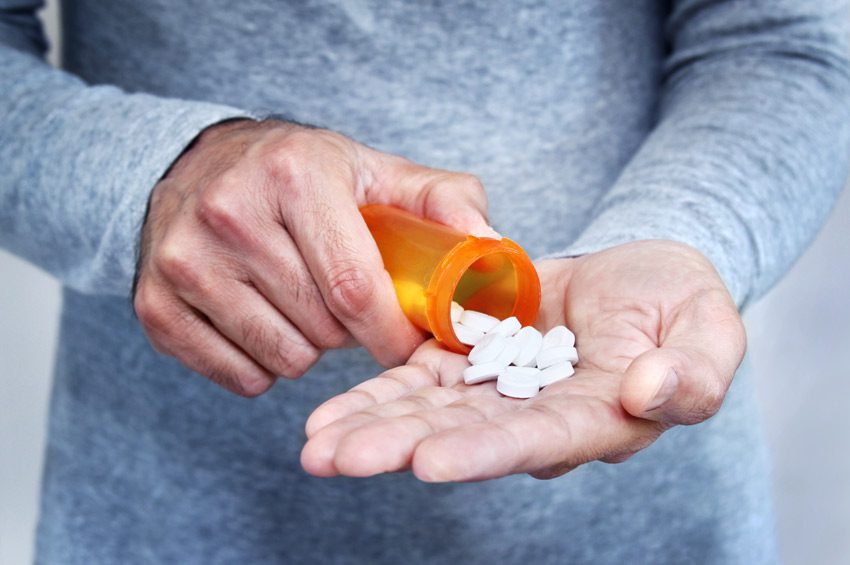Opioid Addiction and Its Impact
Opioid addiction is a terrifying disease that can tear apart families and cause psychological and emotional damage to everyone involved. When one family member suffers from opioid addiction, its impact on children, significant others, parents, or other close relatives or friends can be hard to manage.
You may be watching your loved one transform into someone you don’t know: they may lose weight, be sick, be unusually anxious or depressed, and have extreme mood swings. When they are with you, they may not really “be” with you. If your loved one is facing opioid addiction but will not get help, consider the value of an intervention.
You Can’t Stop Opioid Addiction on Your Own
Just one more refill on the prescription pain meds. Just another weekend using heroin and I’ll stop on Monday. These are common promises made by those with an addiction. They don’t want to hurt you, but their brain chemistry has changed so much that they have no ability to control their cravings. They can’t stop, no matter how much they say they can.
Family members can also contribute to the addiction by enabling the loved one’s behavior. For example, family members might:
- Provide money that can be used for drugs
- Allow someone they love to do drugs in their home because it’s “safer”
- Refill prescription medications or otherwise procure drugs so their loved one isn’t in pain
Enabling is common. After all, you don’t want your loved one to suffer. But the longer you enable your loved one, the worse their condition will become. Instead, you need to learn how to set boundaries with your addicted loved one.
When you start setting boundaries, you’ll start to see the reality of the situation. You might see that your loved one will not seek help on their own. If you’ve spoken to your loved one about the opportunities for getting help in a drug and alcohol treatment center and they will not do so, then it may be time to consider intervention.
Start with an Intervention
At DK Solutions Group, we will talk to you about when your loved one is ready for interventions and what you can do to help them through that process.
Interventions are not like what happens on TV. Many times, they are not nearly so dramatic. Generally, interventions include:
- A frank discussion about what’s happening and why it has to stop
- A discussion with your loved one about the impact of their addiction on the family
- An immediate offer of getting help through addiction counseling
Interventions are designed to address the unique needs of your loved one. When you speak to our team, we’ll work with you to create an individualized plan.
Continue with Family Care
For a family suffering from addiction, getting family counseling is crucial. The family has been through a great deal and may be suffering from anxiety, depression, and shame. In some families, one person’s addiction increases the risk that another loved one will also start using drugs or alcohol as a way to cope.
While interventions are a good first step, they don’t cure addiction or wipe away its effects on the family. They provide a path for healing to begin, but the family will still have to do the work of supporting their loved one through the recovery and onward. During that time, the family also needs to heal, grow, and learn together.
Family therapy can help in a wide range of ways. Typically, therapy begins with the family members. As your loved one’s addiction becomes more controlled through treatment, family therapy will include the loved one in the family group sessions.
Talk to your therapist about local groups that may be available to you as well. Opioid addiction is impacting many people in Marietta and the surrounding region. You’re not alone in this battle. Having someone else to speak to about what’s happening to you can be critical to your long-term wellbeing.
We Can Help
When opioid addiction happens in your family, know what to do to get help. Work with our team at DK Solutions Group for drug interventions in Marietta, GA, We can put you on the path towards healing.

